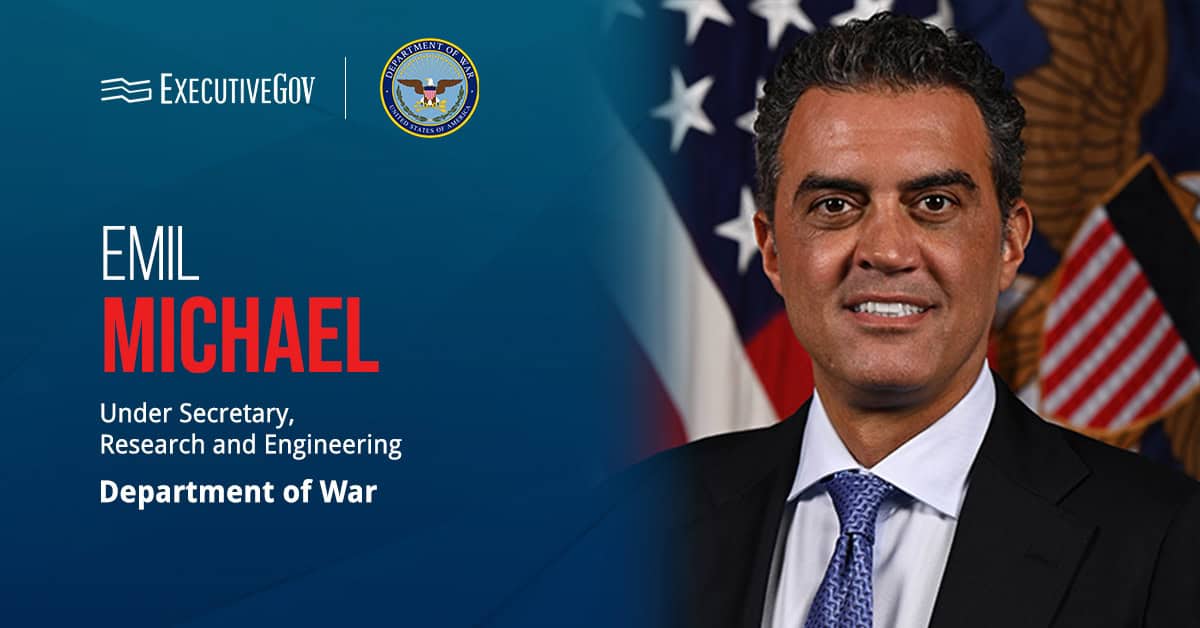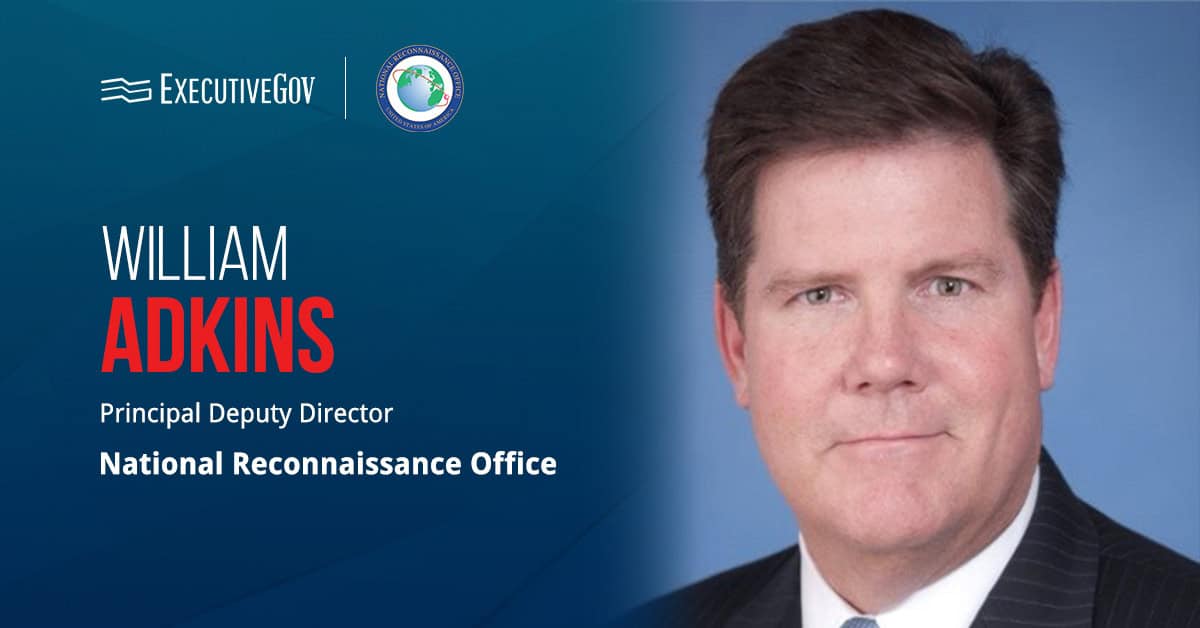
Kris Rowley, chief data officer of the General Services Administration, is slated to leave the agency this week to take an undisclosed industry role, the Federal Times reported Monday.
Rowley was named CDO of the agency in 2013 and has led efforts to develop a data management strategy, implement cloud and analytics technologies, streamline data clearance procedures and establish a data governance framework.
He also spearheaded initiatives such as hackathon exercises and data literacy programs during his tenure.
Prior to joining GSA, Rowley oversaw data-related efforts at the Office of Management and Budget for more than a decade. He also spent time at the Department of the Treasury in director and senior manager roles.
He held a senior analyst position at the Internal Revenue Service earlier in his more than 18-year government career.





